Springtime means frolicking in parks, beaches, promenades, and, of course, cemeteries. Brooklyn's Green-wood Cemetery is the ideal place for a Spring picnic, with its cherry blossoms, sparkling bodies of water, and sprawling lawns. Sure, you'll be rubbing elbows with a few extra guests-in-spirit, but it only adds to the charm. Trying to cover all 450 acres in one day is a daunting task, so we've put together five personalized tours that hit up some of our favorite Green-wood residents.
The Bad Guy Tour
Green-wood has its fair share of assassins, mobsters, and all around bad guys, but these four villains make Lindsay Lohan's mugshot look like a mall glamor shot. Albert Anastasia (1903–1957) was the founder of Murder Inc. and the head of the Gambino crime family. Eventually he was assassinated during a routine visit to the barber. His killer? None other than Joe "Crazy" Gallo (1929 - 1972), a mobster who had a soft spot for Sartre and Machiavelli. However, he pales in comparison to William "Bill The Butcher" Poole (1821–1855), who was a famed bare-knuckled boxer known to rough up bartenders for mediocre service. He was a known enemy of Tammany Hall, led by William "Boss" Tweed (1823–1878), a man so slippery he managed to escape from jail and turned up as a common sailor on a Spanish ship.
The Bad (-Ass) Girl Tour
A shrine to womanhood sounds like the tagline to a tampon commercial, but it's an apt line for many of the graves at Green-wood. Jane Blankman (1823-1860) managed a well-known brothel, but did not like her men to philander. In fact, she once attacked a cheating lover with a riding whip (with no safe word). Lola Montez (1821–1861) was cut from the same cloth, having worked her way up from a dancer to the mistress of Franz Liszt and the King of Bavaria. Her death would be followed a few years later by the birth of Mabel Douglass (1874–1933), who founded the New Jersey College for Women. Douglass died in a boating accident and her remains weren't found until 30 years later by scuba divers. It's fitting that she'd be near Susan McKinney Steward (1847–1918), the first black woman doctor in New York and a well-known women's suffragette.
The I'll-Take-Credit-For-Anything Tour
In a cemetery where you have the inventor of the sewing machine and Morse code, it's tough to stand out. Thankfully we have men like Charles Feltman (1841–1910), who claimed to be the inventor of the modern-day hot dog (and is sanctioned by Nathan's), He's in good company with Isaac Kaufmann Funk (1839–1912), of the eponymous line of Funk & Wagnalls dictionaries. He was a renown "spelling reformer," and you can thank him for getting "slapped" rather than "slapt." Walter Hunt (1785–1869) also contributed to society with the invention of the safety pin, though he thought it was a frivolous thing. It was a far greater service than that of Pierre Lorillard IV (1833–1901), a millionaire who took credit for introducing America to the tuxedo, which was later refuted by historians. Womp.
The Suck-It,-Poe Tour
As if Edgar Allan Poe didn't have enough inner turmoil to contend with, it turns out he had a number of bullies in his lifetime. An author named T.D. English once wrote a damning piece about Poe in The New York Tribune, which was founded by Horace Greeley (1811–1872). Poe begged Greeley to have the piece removed or "disavowed" but Greeley just laughed in his face. Things didn't get better when he met Elizabeth F. Ellet (1818–1877), a young writer. After he rebuffed her advances, she told everyone he was insane, and the rumor stuck. Still, it pales in comparison to Rufus Wilmot Griswold (1815–1857), Poe's self-proclaimed "archenemy." The two competed for jobs and women, and after Poe's death, Griswold somehow wormed his way into the role of literary executor. He managed to make Poe's reputation that of of a drunk, insane drug addict, but in the end, Poe's legacy won, wouldn't you agree?The Sordid Soap Opera Tour
If you thought the Brangelina-Aniston scandal was bad, prepare to be shocked to your pantaloons. Henry Ward Beecher (1813–1887) was a hotshot preacher who would be rolling out mega churches if he lived today. He was married to Eunice Beecher (1812-1897), a homely little thing who churned butter for fun. It wasn't long before Henry started sneaking around with his best friend's wife, Elizabeth Tilton (?-1897). When word got out, it was known as "the Great Scandal," and a lengthy trial ensued. Pretty soon everyone was accusing Henry of all kinds of things, including Henry C. Bowen (1840-1886), who claimed Henry "debauched" his wife. And the best part? Beecher's gravestone still reads: "He thinketh no evil."
Credit: Flickr user David Berkowitz. Used with a Creative Commons license.


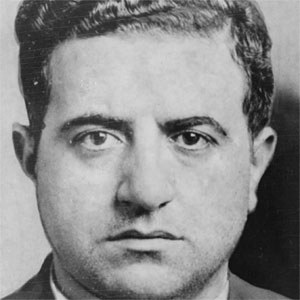
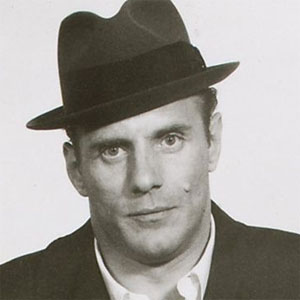
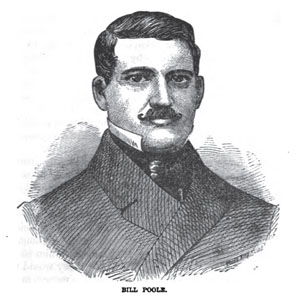
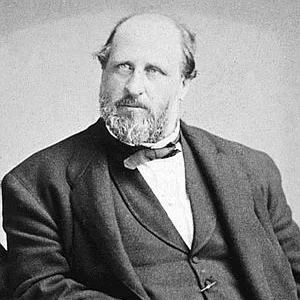
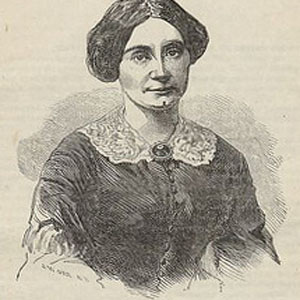
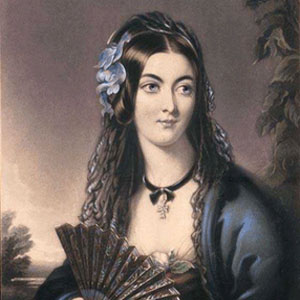
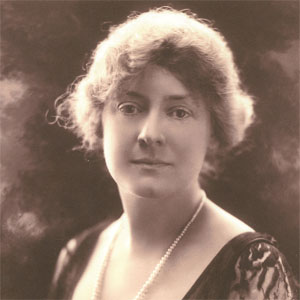
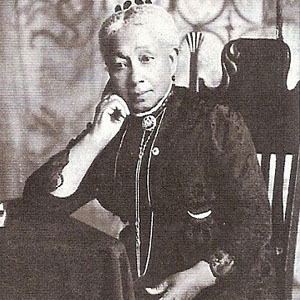
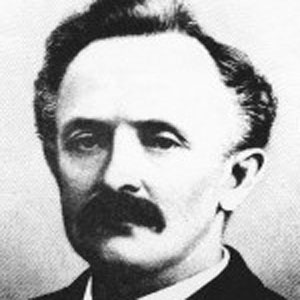
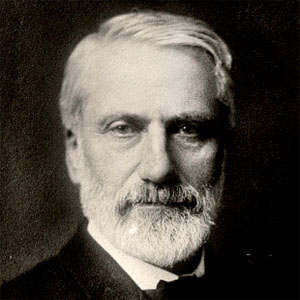
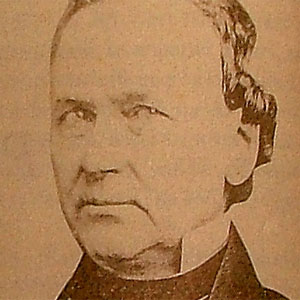
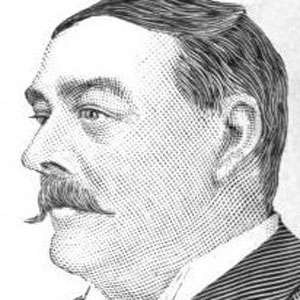
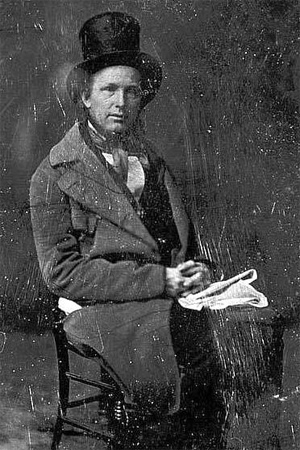
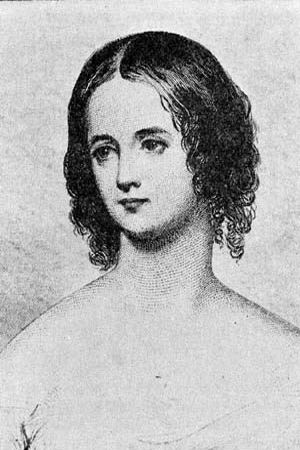
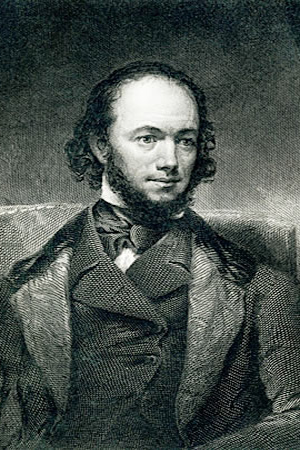
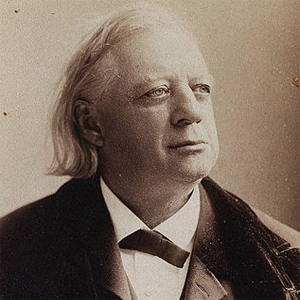
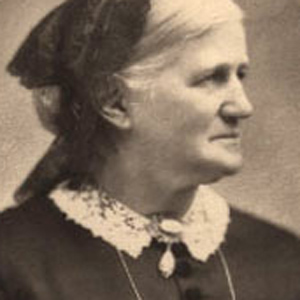
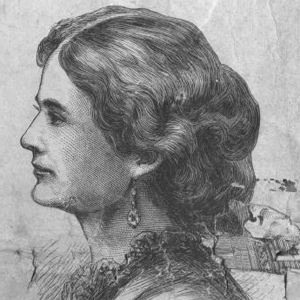
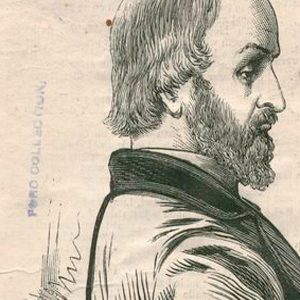



 A Black Balloon Publication ©
A Black Balloon Publication ©